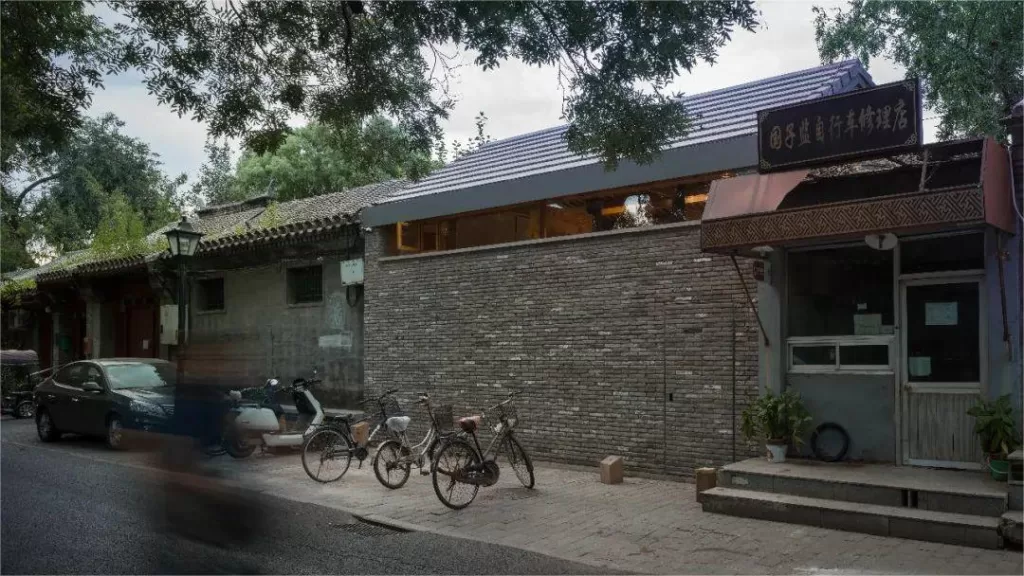Hutongs are narrow alleyways that are commonly found in Beijing, China. The Lama Temple area, located in the northeastern part of the city, is known for its rich cultural heritage and numerous hutongs that date back to the Ming and Qing dynasties.
The hutongs near the Lama Temple are particularly noteworthy for their historic architecture and traditional way of life. These alleyways are lined with siheyuan, traditional courtyard houses that are arranged in a square or rectangular shape with rooms on each side. Many of these siheyuan have been preserved and renovated to showcase their original features, including ornate doorways, carved beams and pillars, and intricate roof tiles. The famous ones include:
Nanluoguxiang (南锣鼓巷): This is one of the most popular and well-known hutongs in Beijing. It’s a long alleyway that’s filled with trendy shops, cafes, bars, and traditional courtyard houses. It’s a great place to explore, shop, and soak up the local atmosphere.
Baochao Hutong (宝钞胡同): This is a lively alleyway that’s famous for its street markets and traditional teahouses. It’s a great place to try some local snacks, buy souvenirs, and take in the sights and sounds of the city.
Mao’er Hutong (帽儿胡同): This is a quiet and picturesque alleyway that’s known for its beautiful courtyard houses and gardens. It’s a great place to escape the hustle and bustle of the city and relax in a peaceful setting.
Guozijian Hutong (国子监胡同): This is a historic alleyway that’s home to the former imperial college of the same name. It’s a great place to learn about the history of the city and see some beautiful traditional architecture.
Dongsi Jiutiao (东四九条): This is a long alleyway that’s filled with traditional courtyard houses and shops selling antiques, art, and crafts. It’s a great place to browse for unique souvenirs and admire the beautiful architecture.
Overall, the hutongs near the Lama Temple offer a fascinating glimpse into the city’s rich history and traditional way of life, and are well worth a visit for anyone interested in Beijing’s cultural heritage.

